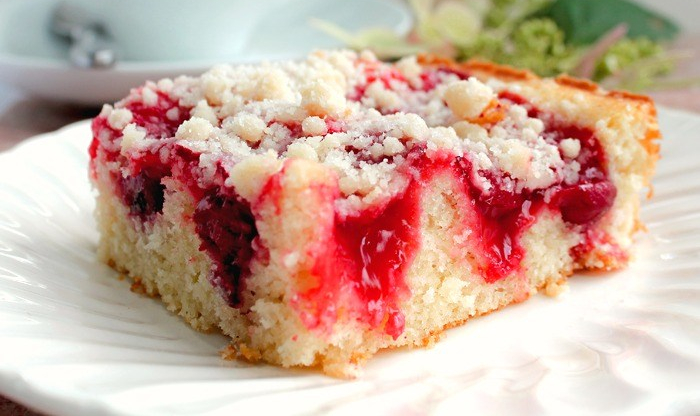This is a photo I took of a farm that was once a thriving dairy farm just down the road from our farm in Northwestern Wisconsin. I worked in that barn helping milk a herd of 80 cows and putting up hay in the loft. Some 30 years later I revisited and this was all that was left, side boards flapping in the wind. Bankers closed on the farm for debt, and the family who’d owned it for generations moved to town and did what they could to get by.
Remembering Thomas Wolfe: You Can’t Go Home Again
By S.W. Cosgrove
Can you can go home again?
You can go to the place you once knew,
and it will be there
Just not as you remembered, not really
Prepare yourself with vague, misty memories of farms,
green hills, deep woods, and shimmering ponds, eagles soaring above
A big river pulsing over the rocks, under bridges, wandering through riverine sloughs
Catfish lying still on the bottom, unblinking, wary of the hook
The old river still runs deep, still carrying its waters to the sea far away
But the hills have been leveled and covered with subdivisions,
the woods cut and thinned with no eagle nests towering above
The ponds filled and blacktopped
Yes, you can go home again, but
it’s not your home, anymore
It’s home to others who may one day return there
looking for their old home
And it will be there, but not really






